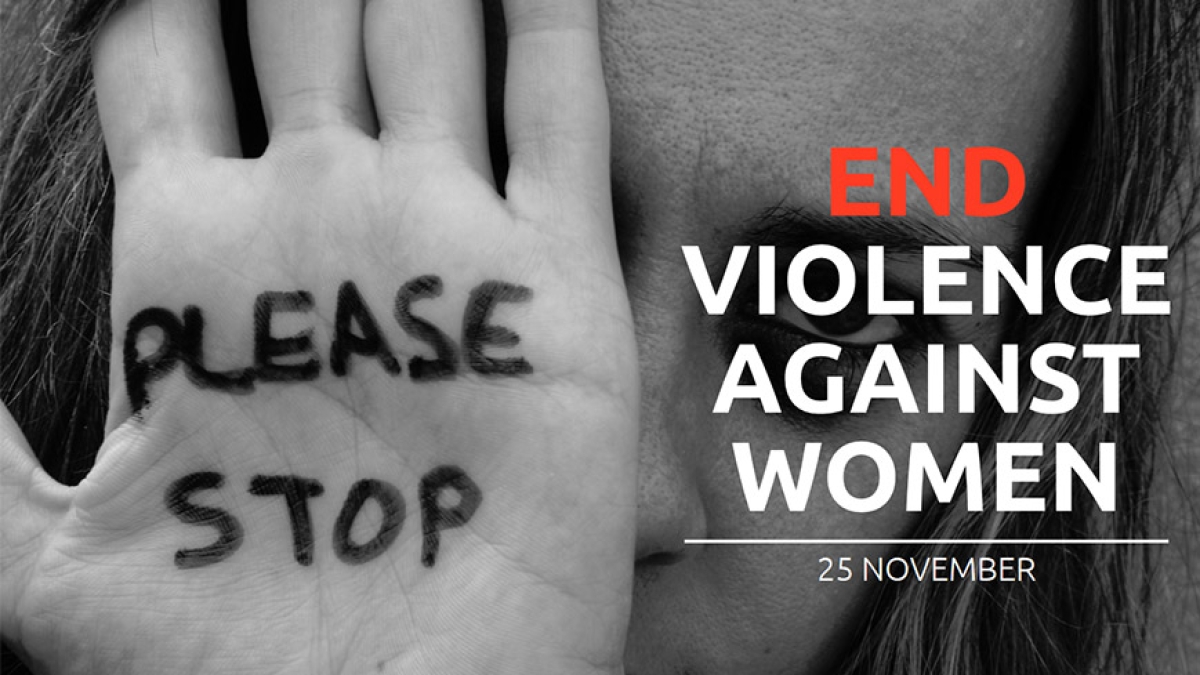on 7 February 2000, the General Assembly adopts resolution 54/134 , officially designating 25 November as the International Day for the Elimination of Violence Against Women and in doing so, inviting governments, international organizations as well as NGOs to highlight the phenomenon of violence against women and to look for its causes and consequences, and to identify ways to combat and eliminating them.
the Declaration on the Elimination of Violence Against Women issued by the UN General Assembly in 1993, defines violence against women as “any act of gender-based violence that results in, or is likely to result in, physical, sexual or psychological harm or suffering to women, including threats of such acts, coercion or arbitrary deprivation of liberty, whether occurring in public or in private life.”
The International Alliance for Peace and Development in Geneva asserts that the negative consequences of violence against women and girls affect women’s mental, sexual and reproductive health at different stages of their lives. Violence against women continues to be a barrier to equality, development and peace, as well as the fulfillment of the human rights of women and girls, especially in conflict and war phases.
Women and girls are exposed to serious abuses during armed conflicts, such as murder, wounding and torture, often targeted by armed groups. Women also suffer from social disintegration, economic deprivation and the psychological effects of violence they experience before, during and after escape from the battle area. Women in conflict countries often suffer from sexual violence such as rape, forced marriage, forced pregnancy, forced abortion, torture, trafficking, sexual slavery, genocide, and forced labor. In this conflict environment, the main goal of women is to feel safe and provide enough food, water, and shelter, so many women are not aware of their rights.
The International Coalition confirms that significant acts of sexual violence against women in conflict and war have been detected in recent years. In Rwanda, more than 500,000 women were raped during the genocide, in Sierra Leone 60,000 were raped during the civil war, and in Liberia 40,000. In Congo, more than 200,000 women were raped during a decade of conflict, and in Bosnia, Europe, 6,000 women were raped during the conflict there.
In Yemen, statistics presented that over the past four years, the Houthis have committed more than 20,000 cases of violations against women in Yemen, including murder, injury, physical assault and violence, especially in cities and areas controlled by Houthi militias.
So The International Alliance calls on the international community to join forces to protect women, especially in conflict zones, to establish a database on the extent and nature of violence against women in different places, and to commit all parties to the conflict to abide by the principles of international law and the rules of law
.

